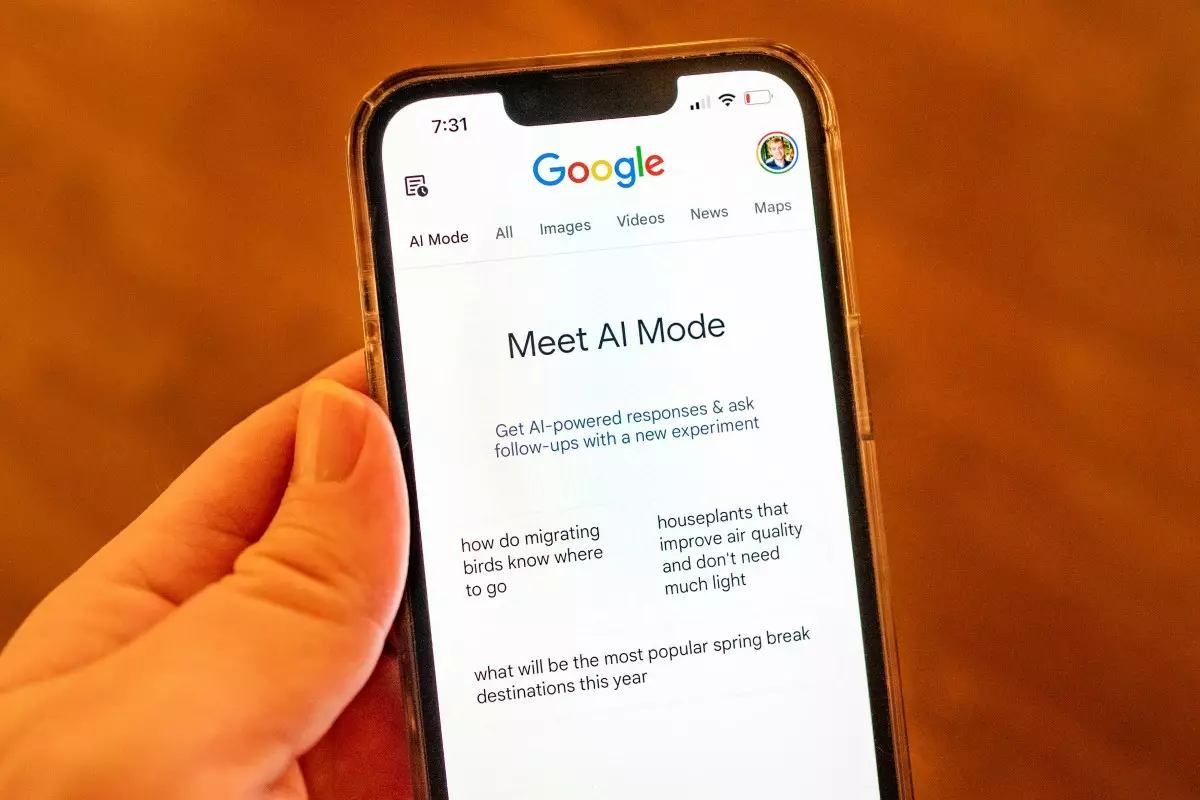Google’s latest initiative to amplify its AI capabilities signifies a pivotal moment in the evolution of search technology. By rolling out AI Mode to 180 new countries and extending it beyond the U.S., U.K., and India, Google demonstrates a commitment to democratizing cutting-edge AI tools worldwide. This move is not merely about geographical expansion; it’s a strategic effort to embed intelligent, conversational search deeply into daily life. The focus on bringing AI features into diverse linguistic and cultural contexts highlights Google’s awareness of the global digital tapestry and its ambition to be a universal solution.
However, this expansion raises questions about the accessibility of such advanced technology for regions with varying internet infrastructure and digital literacy levels. While the promise of personalized and agentic AI is alluring, its true impact depends on how well it adapts to non-English speakers and underserved communities. Still, the potential for transforming how millions seek information — from simple queries to complex, follow-up conversations — underscores a significant shift towards more intuitive and human-like search experiences.
Personalization and Agentic Capabilities: A Double-Edged Sword
The introduction of agentic features—such as booking reservations, finding local services, and event tickets—marks a bold step in making AI not just a passive tool but an active participant in everyday decision-making. For users, particularly those in the affluent segment like Google AI Ultra subscribers, this signifies a move towards seamless integration of digital assistance into real-world tasks. Imagine planning a dinner with specific preferences, and AI intelligently curates options across multiple platforms in real-time. This reduction of friction transforms AI from a mere repository of information into a proactive service.
Yet, such capabilities invite concern about privacy and data security. AI Mode’s reliance on personal preferences, browsing habits, and past conversations to tailor results pushes the boundaries of user data collection. While Google assures users can adjust personalization settings, the depth of integration prompts skepticism regarding how data is stored, used, and protected. Moreover, the potential for AI to influence user choices subtly—through curated results and tailored suggestions—may lead to an echo chamber effect, limiting exposure to diverse perspectives.
Collaboration and Future Prospects: Toward a Unified Digital Ecosystem
A particularly promising feature is the ability to share AI responses, fostering collaboration. This functionality could revolutionize group planning, project coordination, and social interaction, making AI a collaborative partner rather than just a search tool. For example, organizing a birthday party or planning a trip becomes more streamlined when participants can simultaneously view and contribute to AI-generated ideas and reservations.
Nonetheless, the rollout of these features seems skewed toward premium users, like those subscribed to Google’s Ultra plan, potentially widening the digital divide. While early adopters gain access to powerful tools, broader markets may encounter barriers due to cost and technological literacy. The challenge lies in scaling these innovations to genuinely serve a diverse and global user base, not just tech-savvy elites.
In essence, Google’s aggressive push into personalized, agentic AI within Search signals a transformative vision. However, as promising as these advancements are, they demand careful scrutiny regarding privacy, equity, and practicality. Only through responsible development can such innovations fulfill their aspirational goal of making search not just smarter, but genuinely more human-centric.

